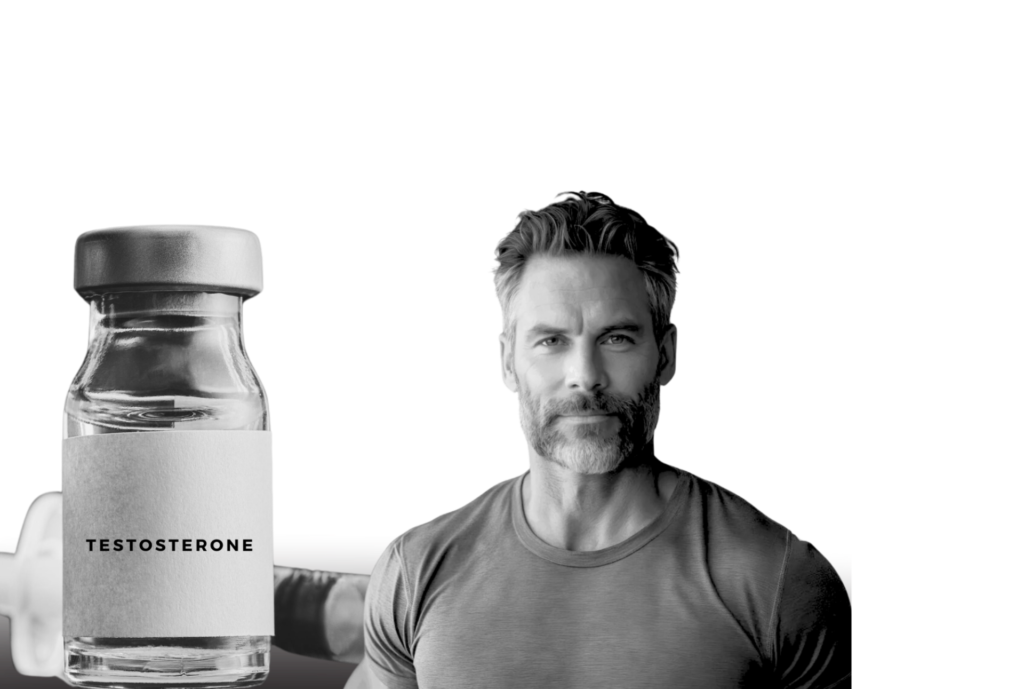There are several options for testosterone replacement therapy, which can be tailored to meet your needs:
- Testosterone Injections: Administered intramuscularly, injections are one of the most common and effective ways to restore testosterone levels.
- Testosterone Patches: Applied daily to the skin, patches provide a steady release of testosterone throughout the day.
- Testosterone Gel: This gel is applied to the skin, allowing testosterone to be absorbed gradually.
- Subcutaneous Pellets: Small pellets are implanted under the skin, providing continuous testosterone release over several months.
- Oral Testosterone: Pills that provide testosterone supplementation, though they are less commonly used due to potential side effects.
Your treatment plan will be personalized based on your symptoms, preferences, and response to therapy.





